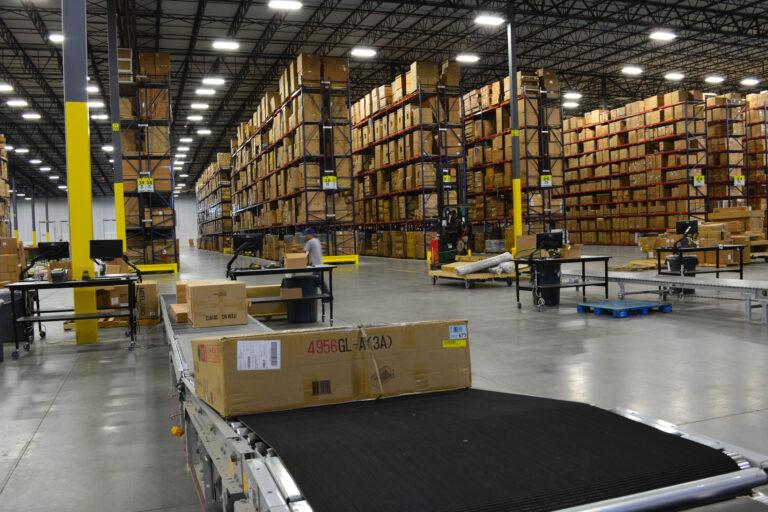Cultural Shifts in the Industrial Workforce
The industrial workforce is undergoing significant transformations, driven by technological advancements, shifting societal values, and a growing emphasis on diversity, inclusion, and employee well-being. Here, we explore some of the key trends and their implications for employers and employees alike.
Technological Adaptation and Digital Skills
The advent of Industry 4.0 technologies is revolutionizing the industrial sector, necessitating a new set of skills for workers. As automation, artificial intelligence, and digital tools become integral to industrial processes, employees must adapt and upskill to remain competitive. The World Economic Forum’s 2023 Future of Jobs Report highlights that 50% of all employees will need reskilling by 2025, with a significant focus on digital skills.
General Electric demonstrates this shift by introducing extensive training programs to upskill workers in digital technologies, ensuring they are equipped to handle the latest industrial advancements. This proactive approach not only enhances productivity but also prepares the workforce for future technological developments.
Emphasis on Work-Life Balance
Traditionally, industrial jobs have been associated with long hours and demanding schedules. However, there is a growing emphasis on work-life balance among industrial workers, driven by the younger workforce and changing societal values. According to our applicant survey data, the desire for a regular and predictable work schedule has remained the second highest desirable job attribute among US job seekers (excluding pay) since Q4 of 2022.
Siemens, for instance, offers flexible work schedules and telecommuting options for certain roles, even in industrial settings, to support better work-life balance. Such initiatives help attract and retain talent, particularly among younger workers who prioritize a healthy balance between work and personal life.
Increased Focus on Diversity and Inclusion
Diversity, equity and inclusion (DE&I) initiatives are becoming increasingly important in the industrial sector. According to a survey by the Manufacturing Institute, 78% of manufacturing companies have implemented or plan to implement DE&I programs.
Caterpillar, a long-time BelFlex client, is a leader in this area, launching several DE&I initiatives, including targeted recruitment efforts and employee resource groups to foster a more inclusive workplace. By embracing diversity, companies can benefit from a broader range of perspectives and ideas, leading to innovation and improved performance.
Health and Wellness Initiatives
There is a growing recognition of the importance of health and wellness programs in the industrial sector. A recent study by the Global Wellness Institute found that companies investing in employee wellness programs see a 30% reduction in absenteeism and a 25% reduction in healthcare costs.
Ford Motor Company stands out with its comprehensive health and wellness programs, including on-site fitness centers, health screenings, and mental health support. These initiatives not only enhance employee well-being but also contribute to a more engaged and productive workforce.
The cultural shifts in the industrial workforce are reshaping the sector in profound ways. By embracing technological adaptation, prioritizing work-life balance, promoting diversity and inclusion, and investing in health and wellness, companies can create a more dynamic and resilient workforce. At BelFlex Staffing Network, we are committed to staying ahead of these trends and supporting our clients and employees as they navigate this evolving landscape. Together, we can build a future where the industrial workforce thrives.






